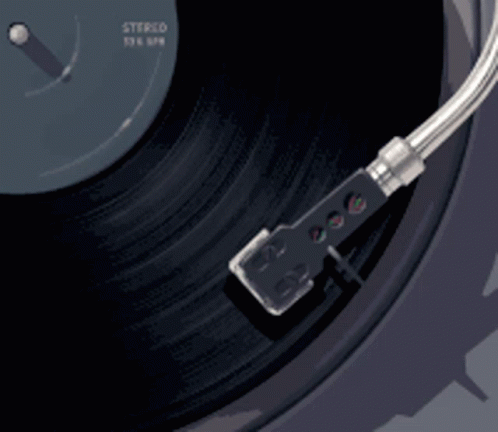As usual, you science guys always go to the extreme.
When there is some basic disagreement, sometimes you have to start on some example we would agree upon, to establish a principle. Then the argument can apply that principle to specific subjects at hand.
We have established that appealing to the idea that humans vary in acuity can not be used in support of highly dubious claims, like hearing distortion differences well known to be below audible thresholds. We can’t just presume "maybe somebody happens to have Super Duper Rare Hearing Ability!!"
That would need to be ESTABLISHED, not assumed. Just raising the very "possibility" doesn't make it probable.
So us normal being are saying that no humans can do bat hearing. We agree with the super minds at ASR. But how difficult is it for the super intelligent beings at ASR to understand that there are people whose hearing could be so much better than people who cannot hear the difference in sound quality. You cannot measure this variation because there is currently no instrument to measure it.
Everyone at ASR would acknowledge variations in hearing acuity! Could there be anything more obvious? The point is what type of claim is being made? If you claim to be hearing differences in, say, cables, where measured differences are well below established human hearing thresholds...sorry...no...you don’t get to just claim you are special. That claim would require more evidence; ideally some plausible, testable hypothesis for what is happening technically, or at the very least, showing these differences can be discerned under conditions controlling for sighted bias.
Whether your Veronica Seider" example is bogus or not, it only serves to re-enforce this point! If for instance a number of reviewers and audiophiles think they hear differences between expensive and cheaper properly functioning USB cables, that is implausible given how USB cables work, and for instance Amir showed the measurements in the case of one such USB Nordost cable. No detectable change to the signal vs a cheaper USB cable. And yet you will find audiophiles who claim to hear differences in just these situations!
So what is more LIKELY in such cases?
That any individual, or group of such audiophiles are "Super Hearers" - incredibly rare outliers in human hearing? That would be VERY RARE if possible at all.
But what ISN’T RARE is standard human bias effects on perception. Super Hearing is rare: Biased-influenced perception is routine, and EVERYONE carries this around with them.
Therefore it’s entirely reasonable to hold dubious technical claims with skepticism, and to hold claims that are extraordinary should require stronger evidence than "some audiophile’s say-so or belief."
You see, that’s the problem. It isn’t simply that many audiophiles claim to hear Big Differences. Sometimes that’s quite plausible. But many claim to hear Big Differences in scenarios that are DEEPLY IMPLAUSIBLE given how the technology works, and given known hearing thresholds!


